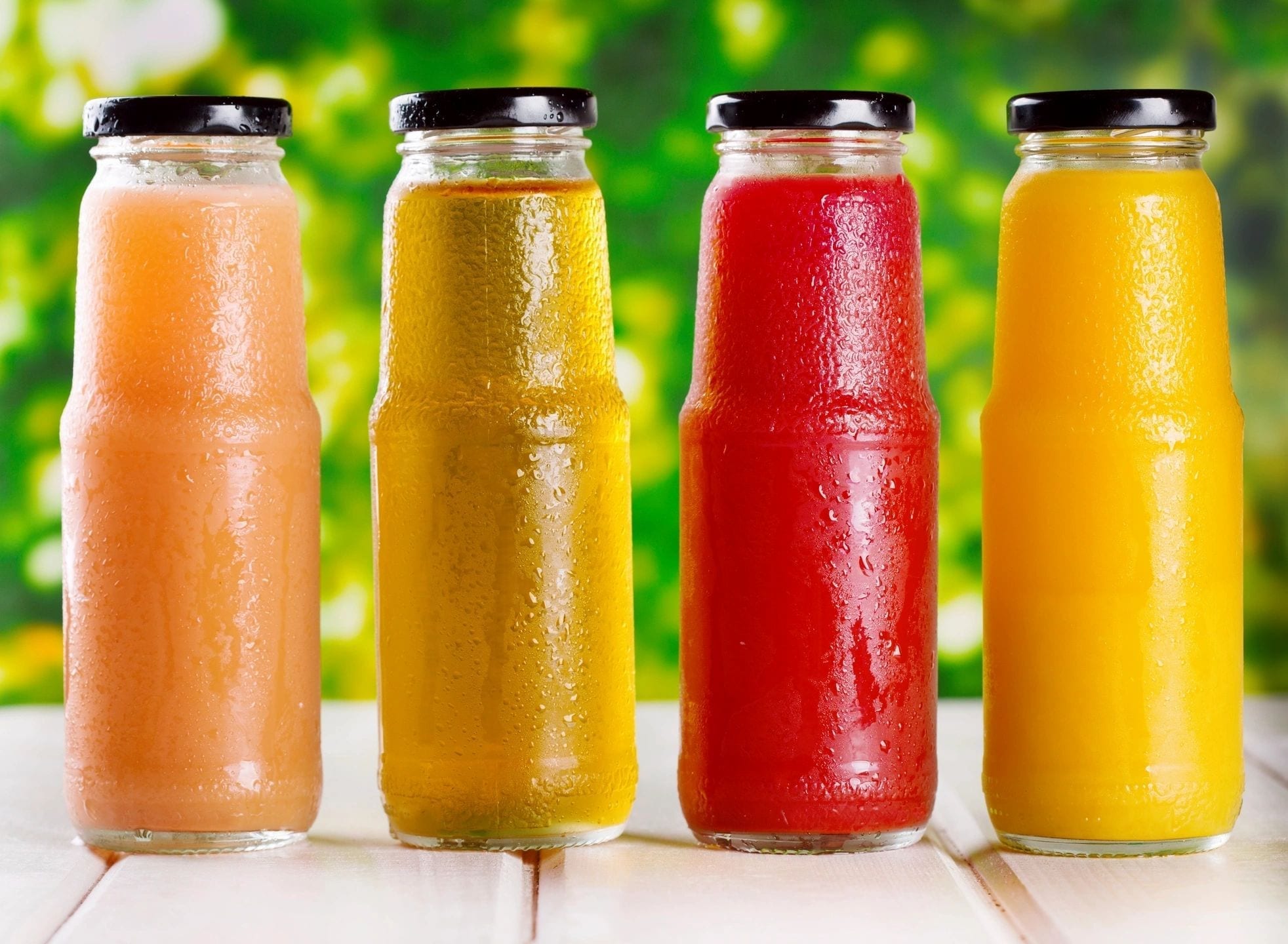
2020 Food & Beverage Benchmark Findings Report
The Covid-19 pandemic brings into sharp focus the importance of food supply chains. It also exposes and exacerbates pre-existing power inequalities and exploitative working conditions in the food and beverage sector. Deemed “essential” around the world, food workers are reportedly forced to work in exploitative and unsafe conditions: workers in a Nigerian rice mill were locked in and forced to work throughout lockdown; migrant workers in a US meat plant were threatened with termination if they called in sick; and thousands of tea workers in India did not get paid, leaving them facing hunger and hardship. Overall, the industry is failing its workers and, in particular, some of the world’s biggest meat companies have shown an alarming lack of effort to protect supply chain workers during the pandemic.
In its third benchmark on the sector, KnowTheChain finds that the majority of the 43 largest global food and beverage companies fail to address forced labor in their supply chains—a litmus test of minimum fair treatment of workers. The average score in the sector is 28/100, with a score range of 0 to 65. The small cluster of companies scoring more than 50/100 demonstrates that this failure is not inevitable, but, rather, a choice about how they do business. The ranking is based on publicly available information and includes disclosure from companies on steps they are taking to address forced labor, including where available and relevant, steps they are taking to remediate allegations identified by third parties.
The results show that:As meat companies come under the spotlight across the world for poor working conditions and Covid-19 outbreaks,3 meat industry giants WH Group (1/100), Tyson (9/100), Hormel (12/100), and JBS (12/100) continue to show little effort to address forced labor in their supply chains. The scores of JBS and Tyson, both suppliers to the international fast food chains Burger King and McDonald’s,4 have continually worsened since measurement started in 2016, demonstrating disregard for workers’ rights and their minimum welfare.
Tesco (65/100) leads the benchmark, overtaking Unilever (60/100). Tesco reports implementing responsible purchasing practices, such as prompt payment and integration of labor performance, into its tender process with suppliers and is the highest-scoring company on Worker Voice (67/100). The company discloses working with unions and NGOs across its supply chains on worker education and freedom of association, and it reports examples of improved working conditions and wages.
The sector scores lowest on the themes of Purchasing Practices (17/100) and Worker Voice(16/100), highlighting a failure to address central drivers of abuse—the primacy of price combined with worker disempowerment. What is more, while companies benchmarked in both 2018 and 2020 have demonstrated improvement on benchmark themes such as Commitment & Governance and Traceability & Risk Assessment, improvements on the themes of Worker Voice and Purchasing Practices were limited at best. Yet, especially during the pandemic, prompt payment, longer-term contracts, and incentives such as price premiums are needed for suppliers to continue operations and ensure decent working conditions. Equally, workers’ right to organize, bargain collectively, help shape health and safety, and raise grievances are crucial at a time when workers face greater threats and vulnerability. Low scores in these critical areas indicate that companies are ill-equipped to protect workers during this crisis and to contribute to a just recovery.
Read more here.
